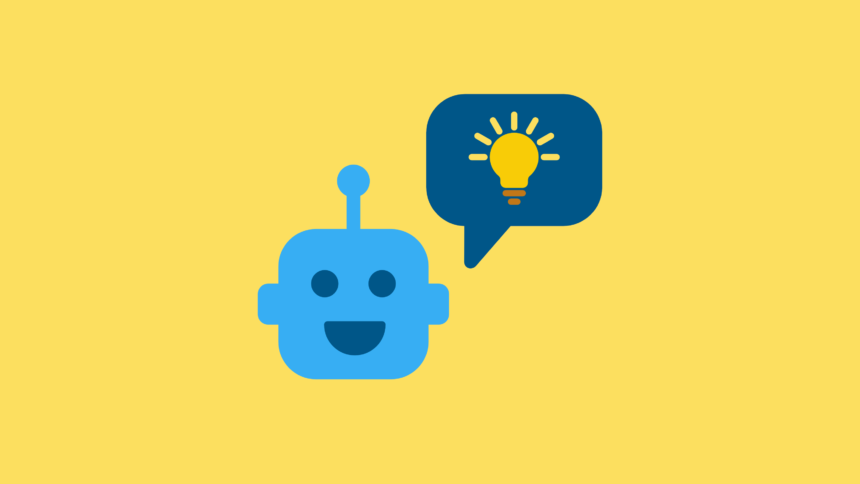New research has showed that while chatbots are expected to drive nearly all of online consumer interactions within the next few years, such interactions are leading to frustration among users, reducing the likelihood of purchases and increasing anger.
As published in the Journal of Retailing and Consumer Services, and conducted by experts at QUT, consumers are less likely to be angered with service failure from a chatbot if they are informed that human interaction is available.
The research was based on data from 145 participants.
“The purpose of this paper is to examine how customers might respond (emotion- or problem-focused coping) to service failure of a chatbot when there is an option to interact with a human employee,” the study’s authors wrote in their findings.
“This research demonstrates how chatbot service failure in a service encounter can produce different effects on customers’ intention to engage in aggression.”


